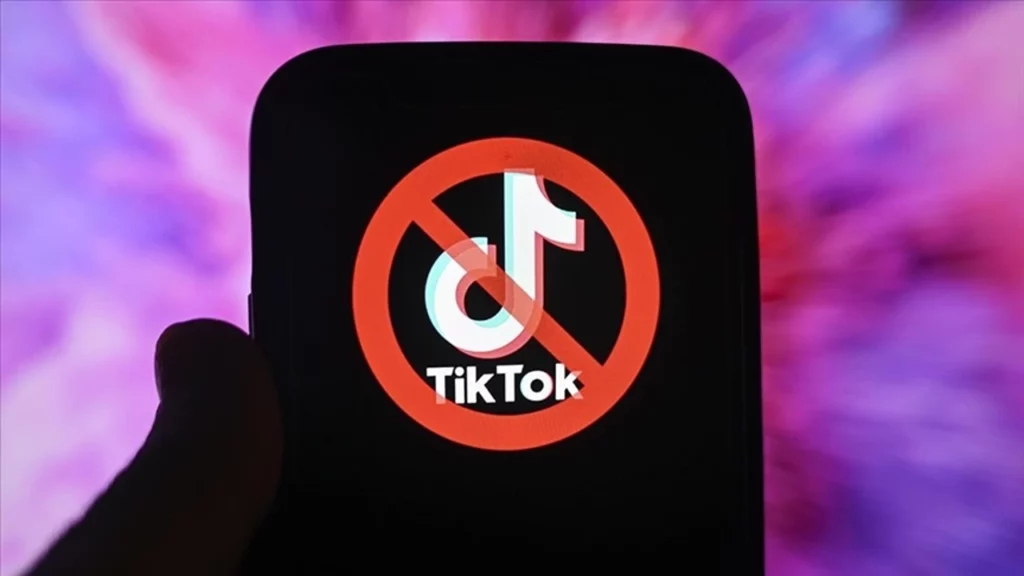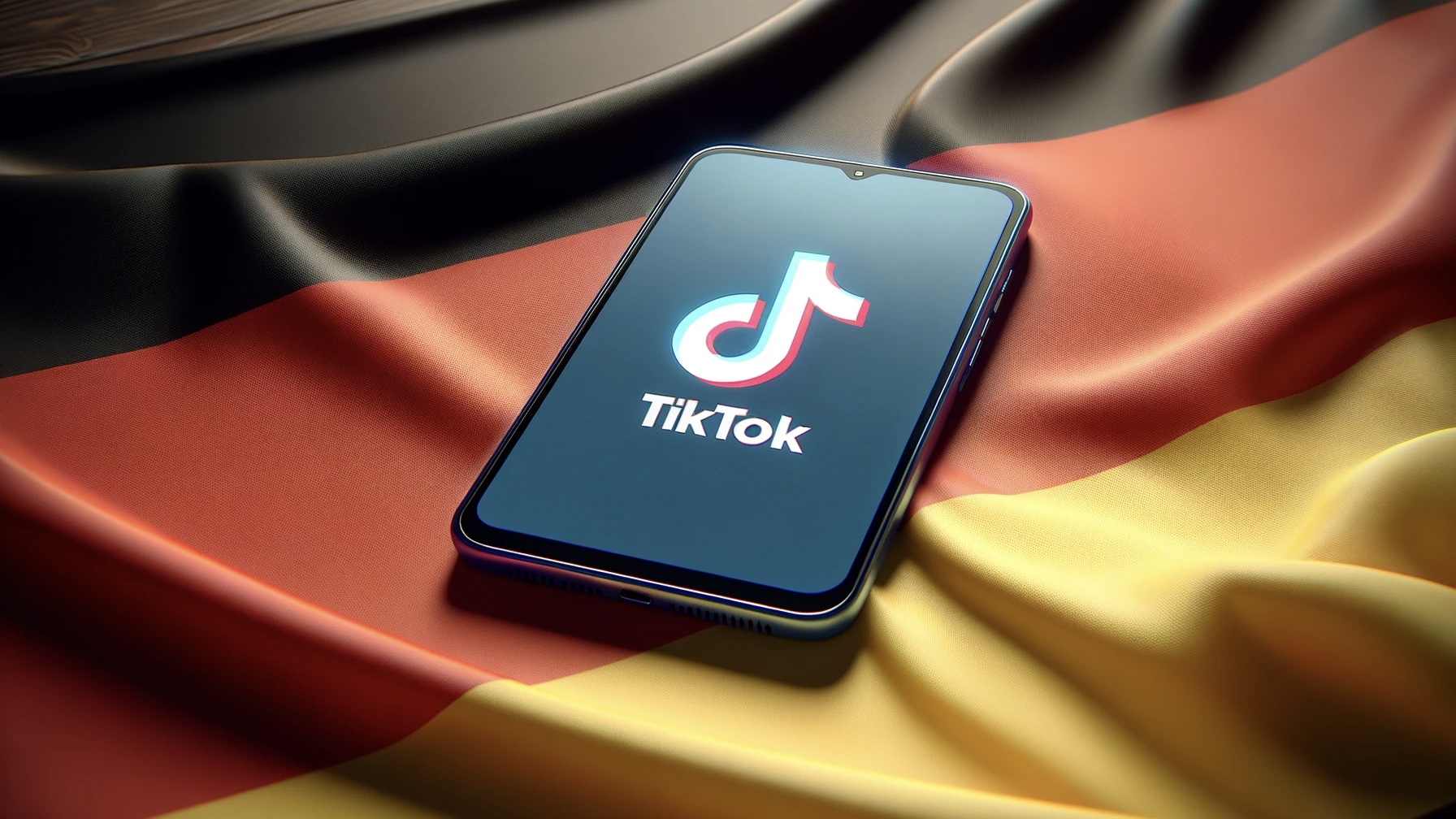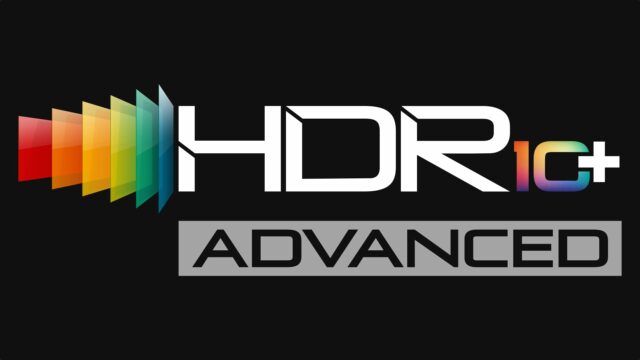There’s a growing debate in Germany over the possible ban of TikTok. Already a subject of discussion in the U.S., the issue has now entered the agenda of German politicians. The Chinese company Bytedance, which owns the app, faces strong political headwinds.
Germany discusses TikTok ban! What will be the outcome?
According to Handelsblatt newspaper, the main concern revolves around the amount of data TikTok collects. The platform is described as a “data vacuum cleaner.” The German domestic intelligence service shares this view. Concerns include the potential use of TikTok by the Chinese state for its purposes.

Politicians believe that better regulation might be preferable to a ban. For this purpose, they could use the European Union’s new Digital Services Act (DSA), which mandates internet giants to more effectively track illegal content and misinformation.
In the U.S., the situation is more advanced. The U.S. government has issued an ultimatum to Bytedance: Either sell TikTok’s U.S. operations within six months or face a ban from Google and Apple’s app stores. Joe Biden is awaiting the Senate’s approval of this proposal.
These developments could have significant implications for TikTok users and political leaders in Germany. Considering TikTok’s billions of users and its growing popularity in Germany, the implementation of such a ban could have a major impact and change the general approach to digital platforms’ use.

The potential ban of TikTok in Germany triggers a wide-ranging debate on the use and regulation of digital platforms. If the ban is enacted, it could profoundly affect users’ social media habits and government control over online content.
This scenario may lead to the establishment of new standards in data privacy and digital security, as well as a reassessment of digital platforms’ roles in international relations. This debate also raises questions about the ethical and legal limits of state intervention in social media platforms.














